What's the meaning of the Coral »
Coral
This page is about the meaning, origin and characteristic of the symbol, emblem, seal, sign, logo or flag: Coral.
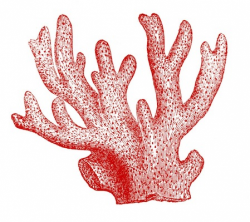
Found primarily in warm or tropical waters, coral presents a somewhat enigmatic facade that nonetheless carries multiple symbolic meanings.
For anyone not versed in marine biology, coral can be hard to pin down; it comes in innumerable shapes, sizes, and colors, and its physical nature changes dramatically when out of the water. Most people are familiar with the three primary categories of animal, vegetable, and mineral, but coral doesn’t seem to easily fit into any of these. In fact, coral is formed by the decomposing exoskeletons of millions of tiny marine organisms. Over time, these build up in layers to form the beautiful natural sculptures that can be glimpsed in warm seas around the world.
Although coral can appear in a multitude of colors, in terms of symbolic importance, red coral usually takes center stage. Cultures around the Mediterranean Sea and in parts of Asia have assigned it important meanings for centuries. The ancient Greeks thought that when the hero Perseus beheaded the gorgon Medusa, coral was formed from drops of her blood. A similar association was to be found later in Christianity, where coral was a symbol of the blood of Christ’s passion. The ancient Romans used coral as an amulet to protect against disease- particularly for young children- a practice that continued into the early modern era. Its strong connection with the sea also led to coral being a good luck charm of sorts, and was carried by sailors as protection against any storms or waves that might unleash their wrath on unsuspecting ships.
In India and parts of Southeast Asia, coral is one of the navaratnas, a series of nine specific gems that are linked to specific heavenly bodies as part of an ancient astrological system (the word navaratna means “nine gems” in Sanskrit). In this case, coral is associated with Mars, probably due to its red color. In certain sects of Buddhism, there is a belief that coral trees grow in paradise, and for many centuries coral was used in China to carve jewelry, statues and many other decorative items (a practice also visible in other locations where coral held symbolic importance).
- 3,677 Views
Graphical characteristics:
Asymmetric, Closed shape, Colorful, Contains curved lines, Has no crossing lines.
Categories: Gemstones and Natural Substances, Good Luck Charms/Symbols, Greek Symbols, Miscellaneous, Religious Symbols.
Coral is part of the Buddhist Symbols, Christian Symbols groups.
More symbols in Buddhist Symbols:
More symbols in Christian Symbols:
Christian signs and symbols. read more »

More symbols in Religious Symbols:
Religious symbolism is the use of symbols, including archetypes, acts, artwork, events, or natural phenomena, by a religion. Religions view religious texts, rituals, and works of art as symbols of co… read more »
More symbols in Miscellaneous:
Symbols without any special category attribution but that are widely used worldwide. read more »

More symbols in Greek Symbols:
Greek alphabet letters and symbols are used as math and science symbols. read more »
Citation
Use the citation below to add this symbol to your bibliography:
Style:MLAChicagoAPA
"Coral." Symbols.com. STANDS4 LLC, 2025. Web. 21 Feb. 2025. <https://www.symbols.com/symbol/coral>.



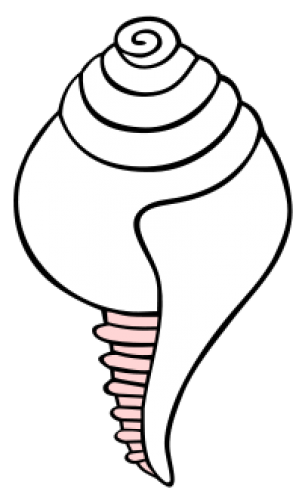

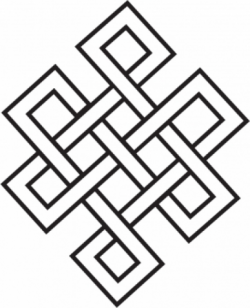
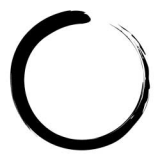
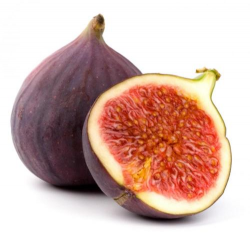

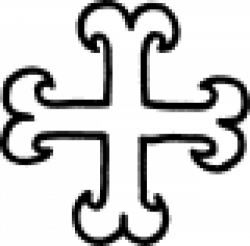
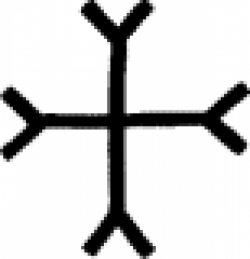



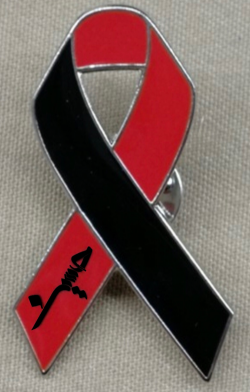



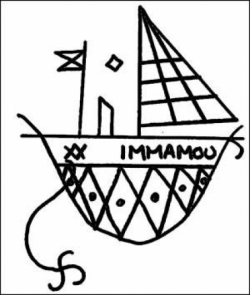





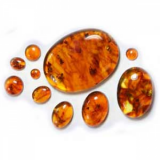

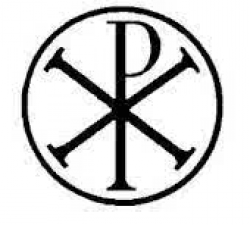






Have a discussion about Coral with the community:
Report Comment
We're doing our best to make sure our content is useful, accurate and safe.
If by any chance you spot an inappropriate comment while navigating through our website please use this form to let us know, and we'll take care of it shortly.
Attachment
You need to be logged in to favorite.
Log In